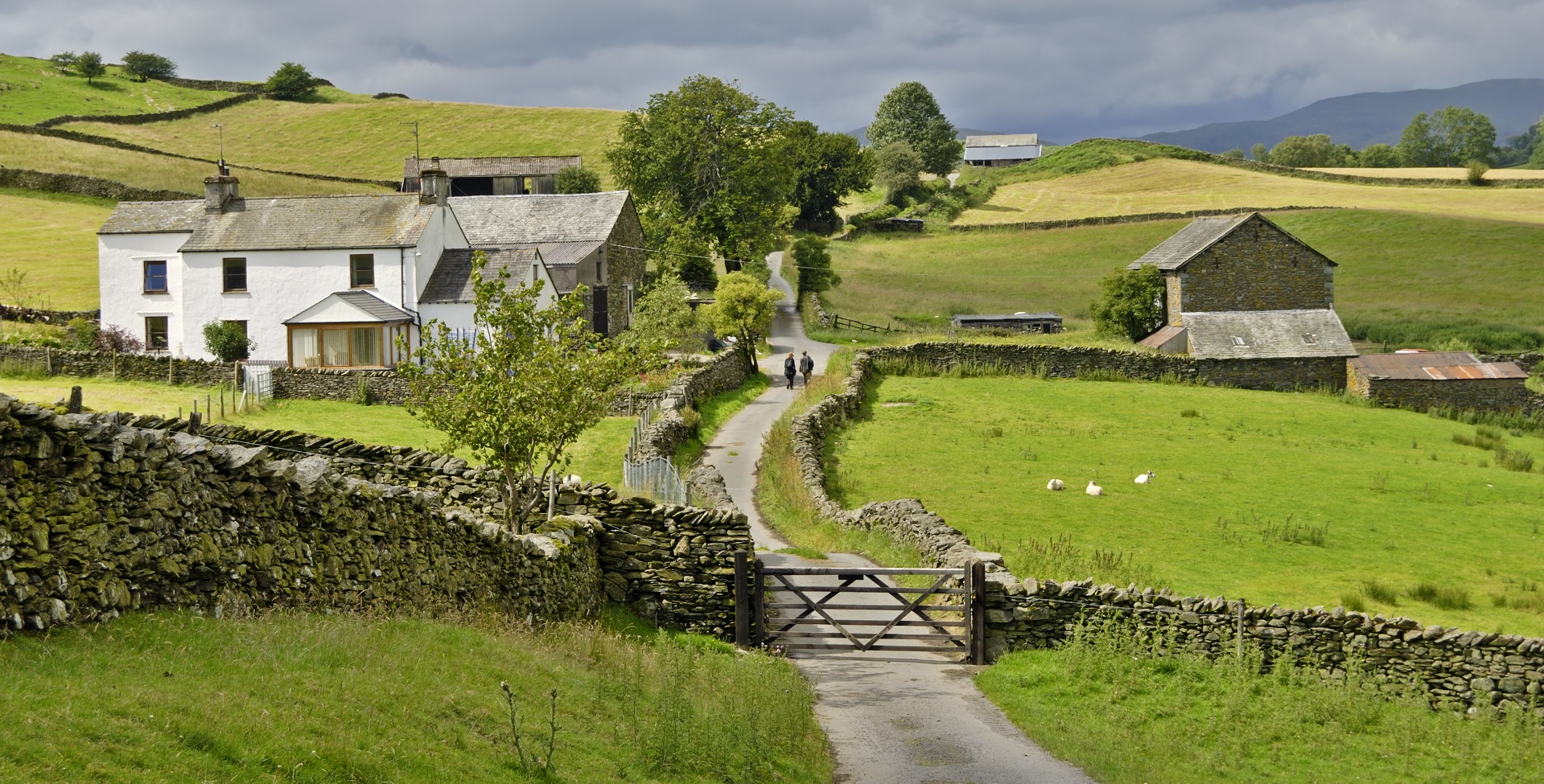
Lucy Beachell from Harrison Drury’s rural sector team outlines how different approaches to purchasing rural property can reduce the stamp duty land tax liability. He also reinforces the importance in getting it right to avoid being penalised for wrongful claims.
Why is mixed-use Stamp Duty Land Tax (SDLT) such a big deal?
Since the additional SDLT surcharge was brought in for second homebuyers, more and more rural property buyers have asked prying questions as to whether they can claim mixed-use stamp duty in an attempt to reduce their tax liability.
The reason for this is outlined in the following worked example:
Hypothetically, there are three prospective buyers of a farmhouse with 30 acres of farmland. The land is let out on a farm business tenancy, together with some commercial buildings, let out on commercial tenancies. The value of the property is £1.2m.
- Buyer A intends to purchase the property as its principal residence and claim it as residential.
- Buyer B intends to purchase the property as a second home and claim it as residential, therefore it would be subject to the SDLT surcharge.
- Buyer C intends to purchase the property as a second home, but claim it as mixed-use.
The SDLT payable for each of the three scenarios above is as follows:
- Buyer A = £48,750
- Buyer B = £84,750
- Buyer C = £49,500
These examples demonstrate the huge discrepancies between amounts of SDLT payable, depending on how the farmhouse and farmland is treated for SDLT purposes.
How do I determine whether I can claim mixed-use SDLT when purchasing a rural property?
HMRC, has not provided clear guidance on the question as to when a buyer can claim mixed-use stamp duty. The question comes down to a case-by-case interpretation of whether parts of the rural property can genuinely be deemed not to fall within the definition of ‘garden or grounds’ of a dwelling.
The following extract from HMRC guidance provides a useful steer:
‘Land that subsists, or is to subsist, for the benefit of the dwelling is taken to be part of the dwelling. This applies to an interest in land which is not contiguous with the dwelling and its garden or grounds: for example, a separate garage in a block.’
HMRC has made it clear that the historic use of the land and buildings believed to be non-residential may be relevant to the question of claiming mixed use.
HMRC states: “We should seek to establish the traditional or habitual use of the land to establish its true relationship to the building. Use that is ephemeral or appears to be part of an artificial/contrived arrangement will not be indicative of the true relationship of the land to the building.”
HMRC has made it clear that each case must be considered on its own merits, for example, beekeeping, grazing and equestrian activities are all activities which could be purely for leisure or could be performed on a commercial basis.
In light of this, it is important to gather as much evidence as you can pointing towards non-residential use of the rural property at the outset.
For example:
- Are there business rates chargeable on any of the buildings at the property?
- If not, is there written evidence they are exempt due to being agricultural in nature?
- Does the seller have copies of historic (and current) leases and/or agreements for the land and buildings?
Interestingly, weight is attached to the particulars prepared by estate agents. In the recent Goodfellows case, the court attached weight to the fact that the property was marketed as an equestrian facility and made no reference to any past or current commercial use of the property. This is something for agents to bear in mind when preparing the sale particulars.
What happens if I claim mixed-use stamp duty and this is found to be incorrect?
HMRC will consider penalties if the inaccuracy is due to careless or deliberate behavior. When deciding the amount of the penalty, they will consider:
- The extent to which you disclose any inaccuracy in full and explain how and why it arose.
- How helpful you have been in quantifying the inaccuracy.
- How helpful you have been during the check.
HMRC will also consider penalties if the inaccuracy arose as a result of negligent or fraudulent conduct. The amount of the penalty will take into account:
- The extent to which you disclose any irregularities.
- How much you co-operate with the check, which includes fully and freely giving HMRC any information and documents requested.
- The seriousness of the offence.
The recommended course of action in order to avoid penalties where there is doubt as to the validity of a claim, is to pay the higher rate of stamp duty and then submit a claim for a refund based on mixed use following completion. Clearly, this is assuming that a buyer has the means to do this, which many will not, particularly if the buyer is relying on borrowing to make the purchase.
Seeking specialist advice
Stamp duty is a minefield for buyers and solicitors alike, as the implications of getting it wrong are significant. We always suggest that in the event of there being any doubt, specialist advice is sought from stamp duty professionals, particularly where the savings are significant.
Harrison Drury has years of experience in assessing transactions for SDLT purposes and our property specialists fully appreciate the importance of gathering evidence from a seller prior to completion, to strengthen any claim made.
Clearly, the impact of a claim for mixed-use is lessened by the temporary SDLT measures put in place following COVID-19, but nonetheless, the savings are still significant between now and 31 March, 2021.
If you are planning to purchase a rural property and need further advice on mixed-use stamp duty land tax and guidance to help avoid penalties for wrongful claims, please contact Harrison Drury’s rural sector team on 01772 258321.

